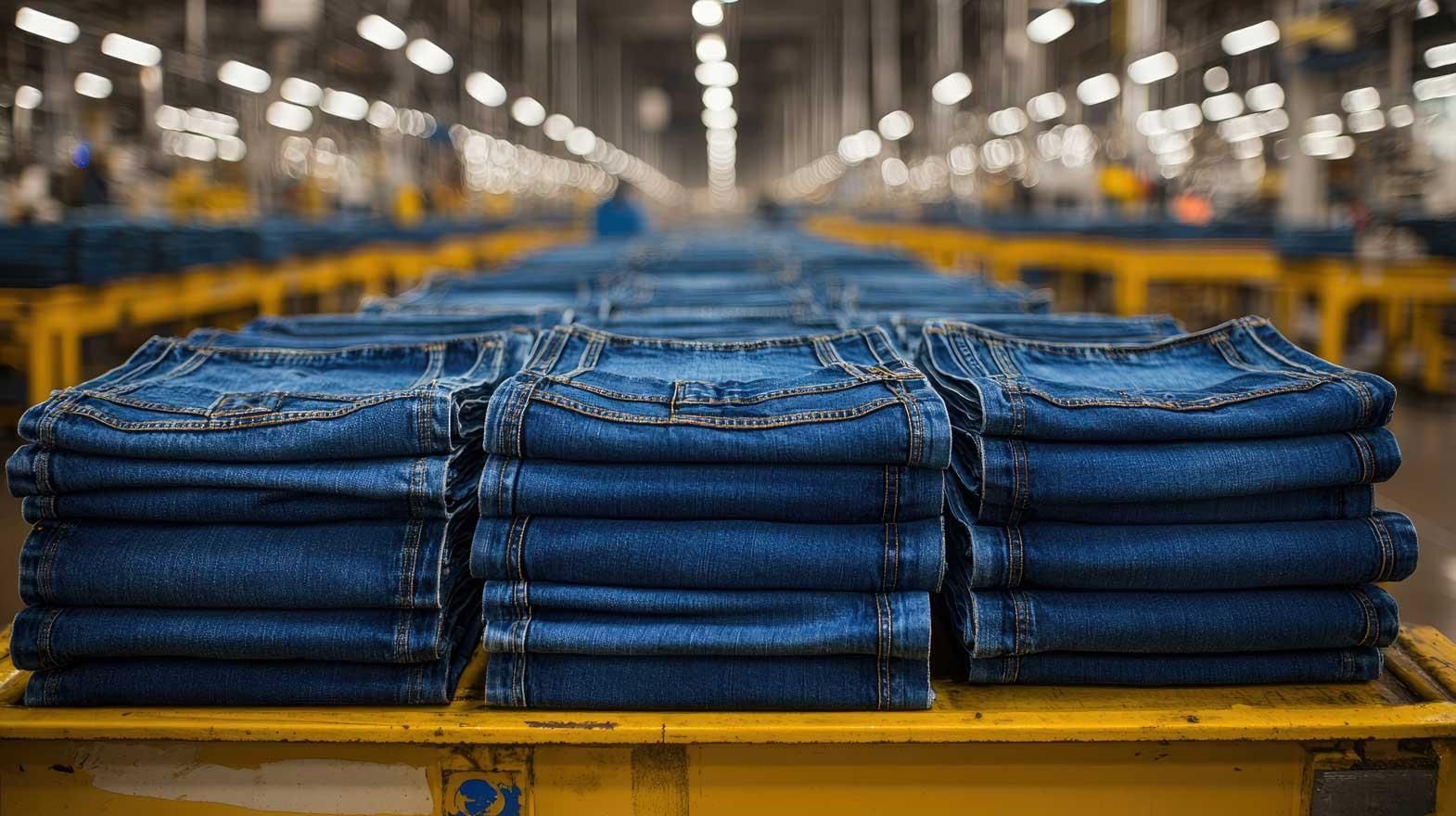Exporters bring luxury touch home with own labels
Exporters, long accustomed to supplying global brands such as Calvin Klein and Clarks, are launching their own labels at home, finding patrons among Indians with a taste for luxury and the willingness to pay for it.
So, a number of ventures are creating homemade brands for goods such as made-to-measure men's apparel, hand-finished footwear, and customized home furnishings, drawing on skills honed by years of selling bespoke products to luxury brands in overseas markets.
"Indian men do not have quality options for tailored apparel, and we knew it was a major gap," said Gautam Golchha, founder of Silver Crest Clothing, a 15-year-old export house whose clients include Ralph Lauren, Calvin Klein, and Hugo Boss.
Last year, Golchha, 43, launched made-to-measure men's brand Tailorman in partnership with internet entrepreneur Vidya Natraj.
Having co-founded the online jewelry store Bluestone, Natraj had noticed a lack of premium online stores that offered luxury apparel for men.
"I realized that, especially for suits, there is a need for a robust manufacturing system, something I already had," said Golchha, who is expecting the new venture to earn Rs 100 crore in revenue by fiscal 2015.
Experts said the fast-growing domestic retail market, valued at $490 billion (about Rs 29 lakh crore), is a big draw for entrepreneurs like Golchha who in the past were content to run export houses.
Also, the luxury market in India is expected to grow at 25% to $15 billion (Rs 90,360 crore) by 2015, according to a recent Assocham-YES Bank study.
Four years ago, Manojna Tarin, whose family runs Kerala-based textile export house Hindustan Textiles, launched Eshana.
The venture retails bed linen and customised home textiles and will soon offer a line of organic textiles.
Tarin believes that upper middle-class consumers are now keenly aware of quality. "They understand concepts like high thread count and invest in the interior design of their homes," said the 28-year-old who gained global attention recently when the Duchess of Cambridge, Kate Middleton, carried a blue cotton bag with an elephant appliqu designed by her.
"In the next five years India will be like a developed western market for home textiles and furnishing," said Tarin, an engineer who joined her family's textile business.
Exporters said knowledge and learning of international manufacturing and design specifications are helping drive content for their Indian retail forays. At Ruosh, a Bangalore-based premium men's footwear brand launched in 2011, there is a great deal of collaboration between the retail and export teams.
"The production line is used to the quality standards of the high-end export clients, so they catch and rectify mistakes," said Mohini Binepal, business head for the retail arm.
Ruosh was founded by Kayum Dhanani, who owns Sara Suole, an exporter of footwear and soles for brands such as Clarks, Bugatti Shoes and Kenneth Cole, and which earned revenue of Rs 270 crore in fiscal 2013.
Now with the India focus increasing, the company expects to launch over 10 new stores and increase presence in multi-brand retail stores from five to 25 by the next fiscal.
The challenge for such companies is that will have to manage the varied demands of diverse markets to be successful, as exports are all about cost-efficient manufacturing and retail is about building brands.
"The corporate mindset and DNA of exporters is completely different from retailers," said Hemchandra Javeri, a private equity investor who was earlier a senior executive at Madura Garments and Nike.
"You need front-end retail experience. Just export experience will not help," said Karan Behal, the founder of online lingerie firm Pretty Secrets, which is targeting revenue of Rs 300 crore by 2018. Behal's father runs an export house for women's sleepwear, Saffire Clothing Company. Behal, 31, spent a year learning the ropes before setting up his own retail venture in 2005. In six years, Pretty Secrets has a network of over 200 stores. Last year, the company shut down offline operations to concentrate on ecommerce.
In the case of Golchha's Tailorman, much of the learning for the domestic foray came from Silver Crest's experience in making bespoke clothing for UK-based Norton & Townsend.
"Despite the success of my export business, I wanted to build a brand for India," said Golchha. "No matter how successful you are, you get recognition for building a brand here."
This article was originally published in the Economic Times dated 9th July, 2013, written by Radhika P. Nair, associated with the Economic Times Bureau, Bangalore.







Comments